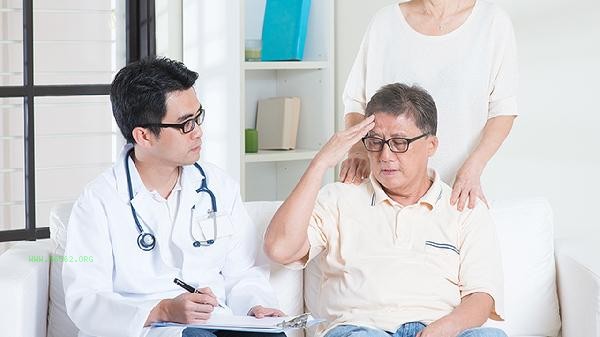Sudden increase in blood pressure to 180mmHg is considered a hypertensive emergency, and emergency measures such as lying down and taking hypoglycemic drugs sublingually should be taken immediately, and medical attention should be sought promptly. Sudden increase in blood pressure may be caused by emotional excitement, medication factors, worsening of primary hypertension, renal artery stenosis, pheochromocytoma, and other reasons.

1. Resting in a supine position:
Immediately stop activity and maintain a semi recumbent position to avoid emotional tension. Unfasten the collar to ensure smooth breathing and keep the room quiet and ventilated. Blood pressure measurement should be repeated every 5 minutes to avoid frequent measurements exacerbating anxiety. This method is suitable for temporary blood pressure elevation caused by emotional fluctuations or fatigue.
2. Drug intervention:
Under the guidance of a doctor, quick acting antihypertensive drugs such as Captopril or Nifedipine tablets can be taken sublingually. Do not adjust the dosage or use combination therapy on your own to avoid sudden drops in blood pressure causing cerebral ischemia. After taking the medication, continuous monitoring of blood pressure changes is necessary. If it does not drop below 160mmHg within 30 minutes, emergency treatment is required.
3. Investigate the cause:

Have you recently stopped using antihypertensive drugs or taken cold medicine containing ephedrine without authorization. Whether there are symptoms of target organ damage such as severe headache and blurred vision. Record the diet, activity, and emotional state before the increase in blood pressure to provide a basis for doctors' diagnosis.
4. Primary disease control:
Long term hypertensive patients may have renal dysfunction or left ventricular hypertrophy, and need to complete urine routine, renal artery ultrasound and other examinations. Renal vascular hypertension is often accompanied by lower back pain, and pheochromocytoma is often characterized by paroxysmal sweating and palpitations.
5. Emergency indications:
When there is confusion, chest pain, or convulsions, it suggests the possibility of hypertensive encephalopathy or aortic dissection. Immediately call the emergency number and keep your head elevated during transportation to avoid bumps that increase the risk of bleeding. After the emergency relief of hypertension, regular blood pressure monitoring records should be established, measured and registered at a fixed time every day. The diet follows the principle of low salt and high potassium, with daily sodium intake controlled below 5 grams, and consuming more potassium rich foods such as celery and bananas. Moderately engage in aerobic exercises such as Tai Chi and walking, and avoid holding your breath and exerting force. Ensure 7-8 hours of sleep, soak your feet in warm water before bedtime to promote circulation. Regularly review electrocardiogram and carotid ultrasound to assess the damage to target organs. Quit smoking and limit alcohol consumption to avoid triggering factors such as sudden exposure to cold or intense emotional fluctuations.









Comments (0)
Leave a Comment
No comments yet
Be the first to share your thoughts!